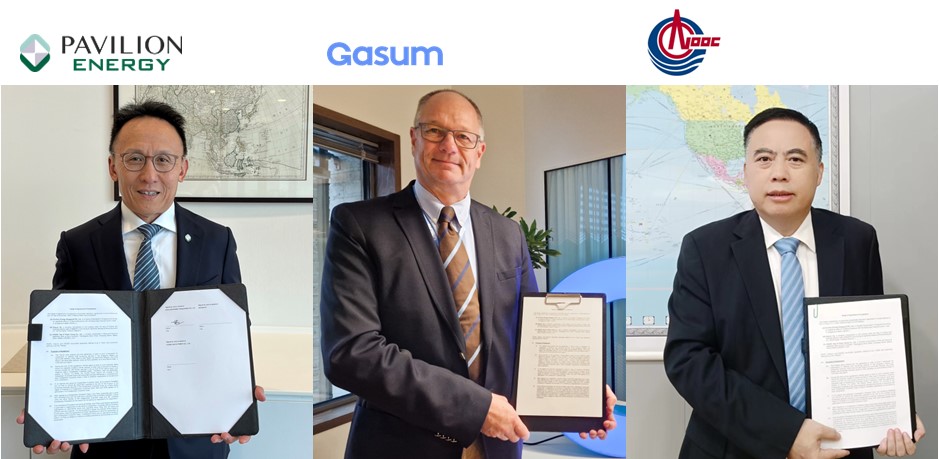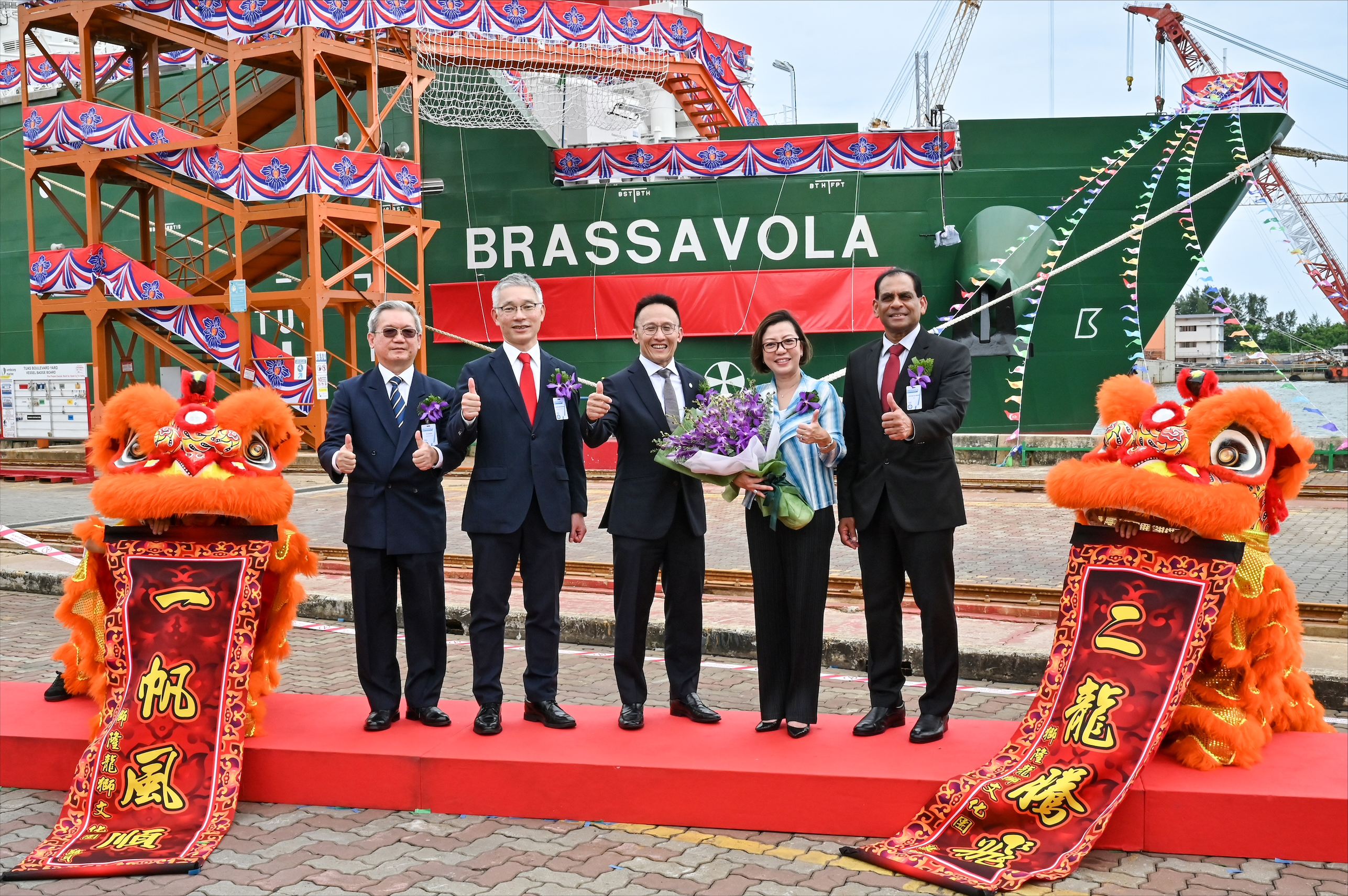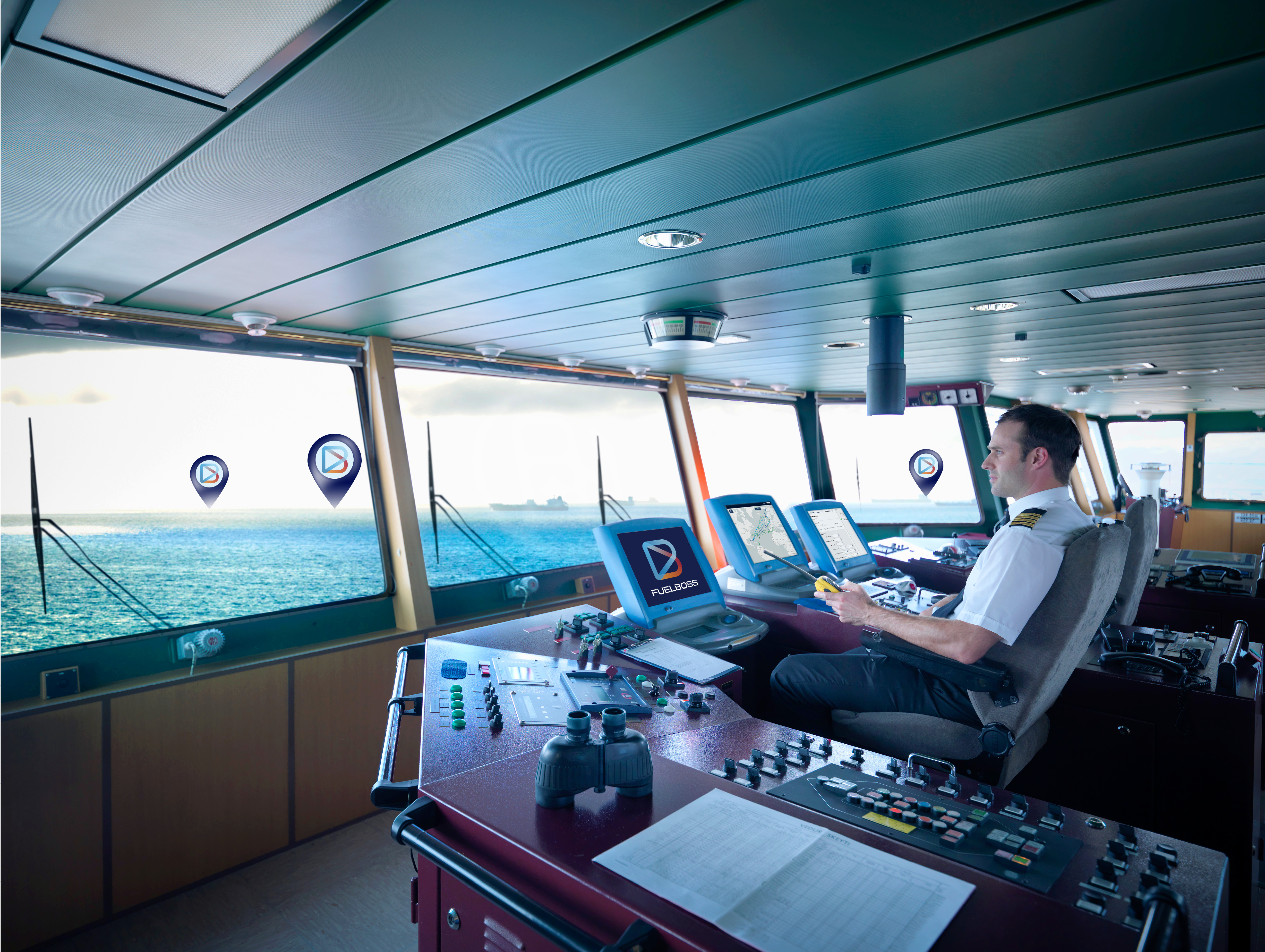Singapore’s Pavilion Energy has come a long way since being incorporated in March 2013 – even so, earlier this year chief executive Seah Moon Ming still referred to it as a “start-up”.
Pavilion Energy is a portfolio company of Temasek – the Singapore’s government investment company – that was incorporated to meet the region’s growing demand for clean and reliable energy.
It was established by Temasek to be a “regional liquefied natural gas company that participates in the global LNG value chain” and Pavilion Energy stays its vision is to be established as a preferred regional liquefied natural gas player.
“As Singapore evolves into a major LNG commercial centre, Pavilion Energy is well positioned to become a key LNG player in the region,” says Seah.
“We seek to add value across the full LNG value chain through our participation and investments in key LNG assets and related LNG businesses.”
The company in late 2013 made a bold move when it agreed to acquire for US$1.288 billion a 20% interest in Tanzania blocks 1, 3 and 4 from Ophir Energy.
The timing of the commercial start-up is unclear but assuming a final investment decision is made in 2018 at the earliest, exports could then potentially begin in 2022 or 2023, said sources.
“The natural gas developments in Tanzania hold tremendous potential – not just for Pavilion Energy but for Singapore and Asia. The LNG from the Tanzanian project will provide another source of supply to the Asian markets,” says Hassan Marican, Pavilion Energy chairman and former boss of Malaysia’s national oil company Petronas.
Also, last year subsidiary Pavilion Gas secured 400,000 tpa of LNG from BP. The volumes will be sourced from the UK supermajor’s stakes in Freeport LNG in the US and its global portfolio.
This 20-year contract is due to start in 2019.
“The conclusion of a long-term agreement with BP, which involves LNG supply from the US is another significant development for Pavilion Gas. The deal is part of our continued effort to enhance and diversify our LNG portfolio to deliver sustainable and competitive LNG supply to Asia,” says Seah.
“Undoubtedly, for an economy in which more than 90% of electricity comes from natural gas, diversification of the supply source is of great importance,” says consultant Enerdata.
Also, Pavilion Energy has formed a joint venture with BW Group – the parent company of BW Offshore – to build reliable shipping capacity and capabilities.
The joint venture today has vessels including the Singapore-flagged newbuild LNG carriers BW Pavilion Vanda and BW Pavilion Leeara that were constructed by Hyundai Heavy Industries in South Korea.
Both these DNV-GL-class vessels are designed to comply with new Panama Canal requirements and are certified for possible future transit through the canal.
Pavilion Energy has a three-stage road map to achieve its goals.
“First, we will acquire strategic assets such as gas acreage, liquefaction plans and shipping and regasification facilities; second, we will build our operational strength across all functions including LNG trading, sales and marketing, risk management, systems and processes; and third, we will integrate all components of our business to create synergies and optimise our price competitiveness,” the company says.
Pavilion Gas manages downstream natural gas operations for both pipeline natural gas and LNG in Singapore. The company is also responsible for the marketing, trading and distribution of natural gas within Singapore and the region.






